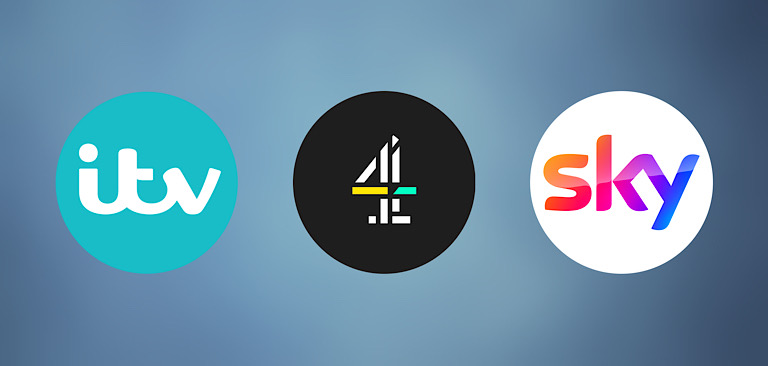When Big Tech platforms change the rules to combat “fake news” or “misinformation” there are two constants – independent creators get censored and mainstream media outlets get boosted.
In terms of hard numbers, Google-owned YouTube has revealed that mainstream media outlets have been given billions of impressions as a result of some of the changes that have been made to combat coronavirus misinformation while independent creators are 20x less likely to top coronavirus search results.
But despite the huge advantage mainstream media outlets are already being given on these platforms because of the existing misinformation rules, three British broadcasters are now demanding new laws that regulate what they deem to be fake news on Google and Facebook.
In a letter published on The Times’ website, ITV chief executive Dame Carolyn McCall, Channel 4 chief executive Alex Mahon and Sky’s UK and Europe Chief Stephen van Rooyen called for new laws that hold online platforms and online advertisers to the same “high standards” as television channels and that spell out how Google and Facebook should protect consumers from “harmful content.”
They also claimed that fake news on the coronavirus poses “a real risk to life” and called for these new laws to be backed up with large fines that “meaningfully incentivize major online platforms to comply with the rules.”
In addition to calling for the UK government to regulate what they deem to be fake news, the UK broadcast heads also suggested that Facebook and Google’s dominance in the digital advertising market is the cause of the “epidemic of disinformation” and wrote that “statutory regulation of online advertising is necessary, and urgent, given the scale of harm currently being caused to consumers.”
The heads of ITV, Channel 4, and Sky also argued that Google and Facebook should “bear the responsibility for the advertising they carry and liability for harmful or misleading ads” as broadcasters and claimed that their advertising models “reward and amplify many of the very types of content that the government wants to see tackled.”
Not only does giving the government the power to decide whether something is fake news come with its own concerns but such laws would also likely solidify the preferential treatment mainstream media outlets get on social media platforms and ramp up the censorship of independent creators.
While the UK government has yet to introduce laws that regulate fake news on the internet, it has been actively working with social media companies to remove “fake news and harmful content” since March.
And UK government regulator Ofcom sanctioned local broadcaster London Live in April after it broadcasted an interview with author and public speaker David Icke that had been censored by YouTube.












